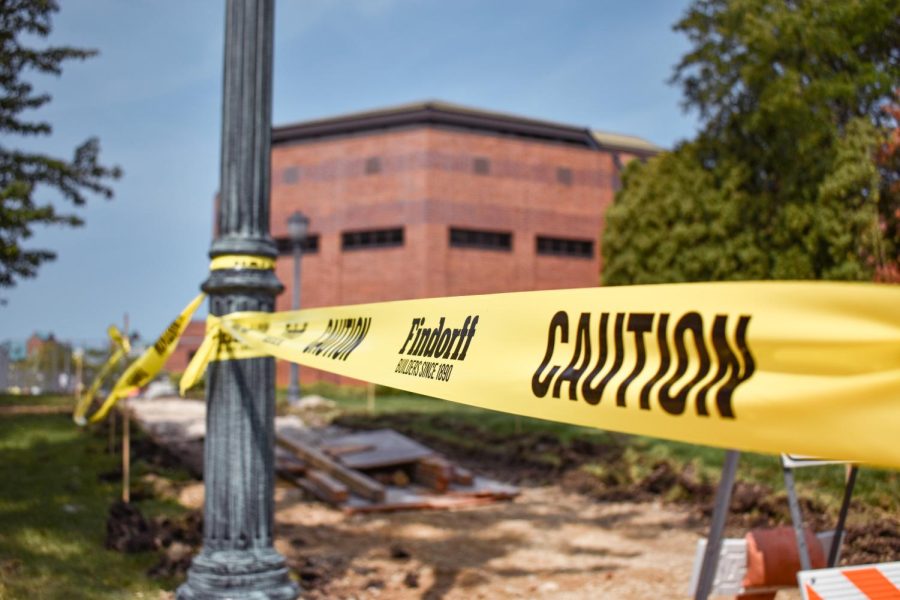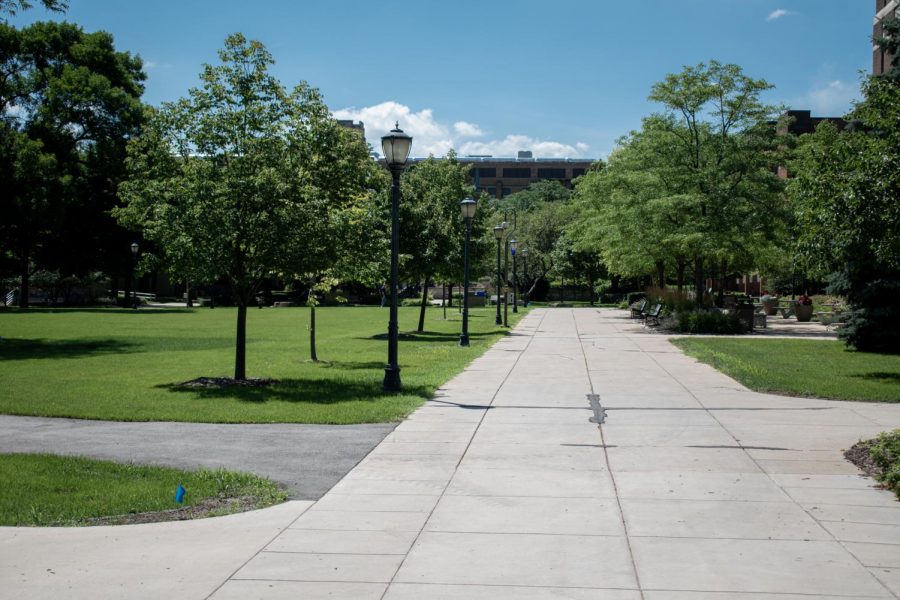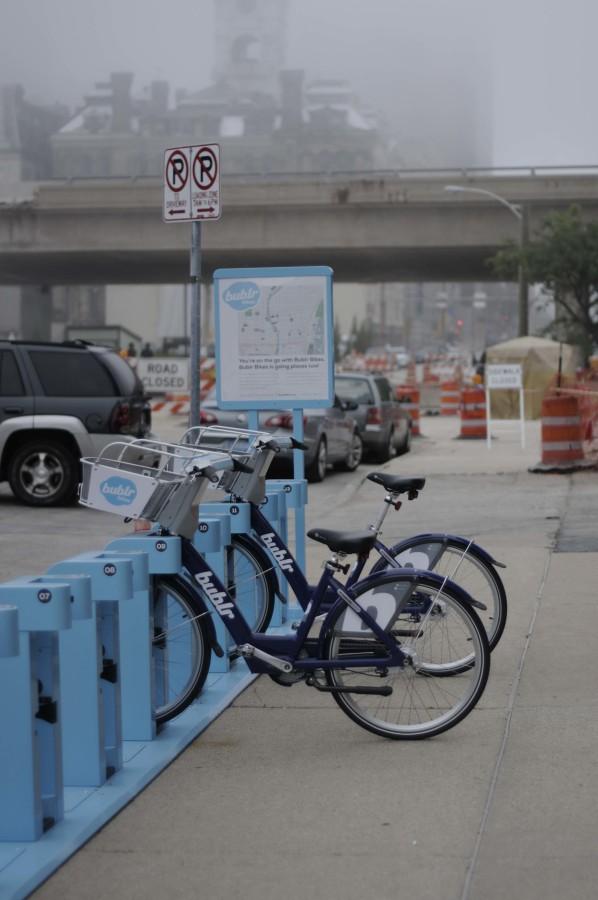Raising the bus fare 25 cents may not seem like a big deal for Marquette students. But increasing the fare perpetuates a far greater problem for the Milwaukee community — a hole in a leaking pot of funds.
The increased bus fare would push people out of the bus system when the Milwaukee County Transit System really needs more of them riding.
County Executive Scott Walker proposes to add 25 cents to the adult fare to generate $3.6 million for the county, according to a Sept. 24 Milwaukee Journal Sentinel article.
Obviously, MCTS needs to raise money for public transportation. But increasing the fare will only hurt riders and fare revenue.
Many riders commuting to work rely on the bus instead of driving — an increased bus fare during a recession is simply not the answer.
The county already has one of the highest bus fares in any major U.S. public transit system, said Janet Boles, former Marquette political science professor.
Not only are the bus fares already high, but they have increased consistently over the last seven years, said Jackie Janz, MCTS marketing director.
The county has decreased bus operating hours by 16.7 percent and raised fares by 33 percent over this time frame.
The county needs to stop this vicious cycle to eliminate more fare raises for another seven years.
Unless the county introduces a tax, the fare will keep increasing and more lines will be cut.
There isn’t an easy solution. MCTS isn’t funded by a sales tax, like most other major transit systems.
The county relies on property tax for revenue, competing against other social services for funding.
Janz said MCTS would rather not cut lines and increase fares, but must do so until the system receives dedicated funding.
If MCTS could be funded by a sales tax — which Milwaukee County voters supported in a November 2008 referendum — the bus system could be revived.
Or the city could increase its 7 percent hotel room tax and allocate some of those funds to the transit system.
This fare increase will affect those who need to get to work and people who rely on the bus as their only form of transportation.
Many of the working poor receive transit subsidies, so the fare increase will stress these programs too, said Boles.
The fare would also mean a $3 increase in student U-Passes, raising our fees per semester from $42 to $45.
The answer to improving the bus system isn’t clear.
However, it is clear that we cannot keep paying more for bus tickets, increasing our fees and burdening those who need to ride the bus every day.
The proposal must come to a halt.





History Alum • Oct 8, 2009 at 4:35 pm
Questions:
1) What is the current adult fare? What are the ridership numbers of all fare levels?
2) A bus fare does not cover all costs. What is the per-rider subsidy to the bus system? This is an important statistic for us readers to determine if the fare increase is like you say, too high, or perhaps the other end of the spectrum…way to low. If the subsidy is 50 cents per rider that is a very different variable in the equation than is a subsidy of $10 per rider.
3) What impact would creating a high sales tax island be on the Milwaukee County economy?
4) What were the ridership figures and costs of those lines that were most recently eliminated?
5) What was the breakdown of the 2008 referendum? How did the vote break down between the City of Milwaukee and the Milw County suburbs?
6) How does Milw County hotel taxes compare to surrounding counties and metropolitan areas? Do high hotel taxes impact tourism and convention business?
7) What is the utilization rate of the U-pass by MU students?
These are among the questions Mr. Walker most likely asked when he made his recommendation. Why didn’t you ask them?